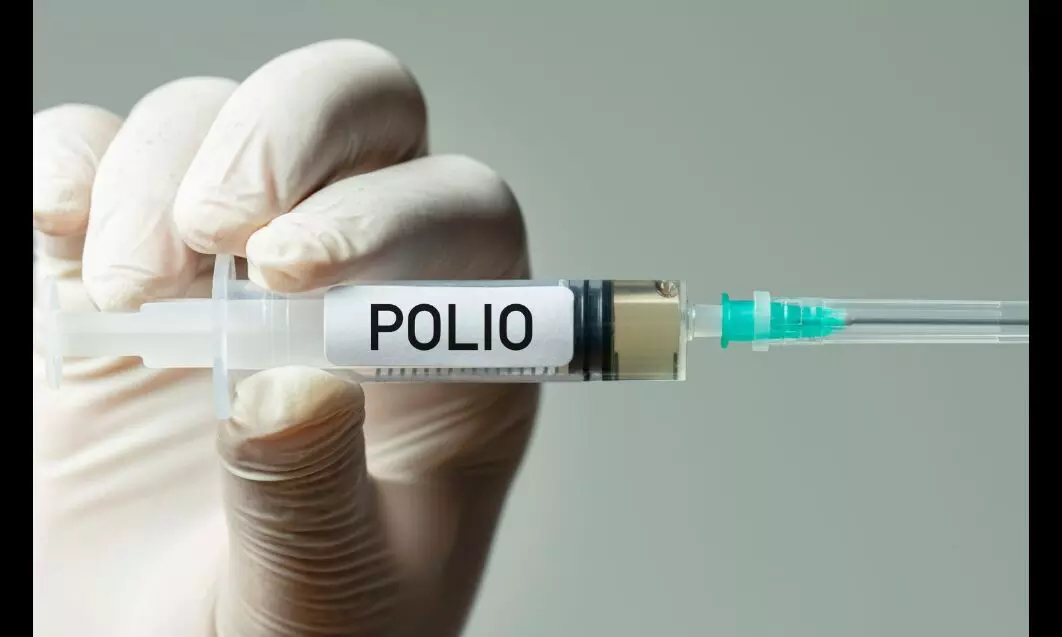Meghalaya reports Suspected New Polio Strain, WHO launches investigation

Meghalaya: The World Health Organization (WHO) has launched an investigation into a suspected new strain of the poliovirus identified in the Indian state of Meghalaya. This alert was raised after local health authorities in Meghalaya reported cases of polio-like symptoms. The WHO is now conducting a thorough investigation to determine whether a new strain of polio has affected a two-year-old child from Tikrikilla.
While the State government is awaiting sample test results from laboratories in Kolkata and Mumbai, the Union Health Ministry has indicated that the child’s case is not caused by wild polio. Instead, it appears to be a vaccine-derived infection, which can occur in individuals with low immunity. The test results are anticipated by the end of the week.
According to The Hindu, Dr Lyngdoh mentioned that “Another case of polio has been identified in a different state. Although it appears to be a different strain from the one under investigation in Meghalaya, the WHO is conducting further investigation to confirm this.”
Also Read: 45-year-old poilo survivor successfully undergoes heart transplant at Kamineni Hospitals
She also noted that the State government and the Health Department are closely monitoring the situation in Tikrikilla, a region where there is a history of resistance to vaccination.
She further added that the child is currently under observation and that the family is being closely monitored. According to the attending doctors, the child is in stable condition. She also noted that this case might influence future vaccination efforts.
Dr Lyngdoh did not dismiss the possibility that the WHO might issue an advisory if the new strain is confirmed.
India was declared polio-free in 2014, following the last reported case in 2011 by the World Health Organisation (WHO).
Following the emergence of a poliomyelitis case in Tikrikilla in the West Garo Hills district, Health officials of Meghalaya are on high alert. Chief Minister Conrad K. Sangma reported that the child was diagnosed at a hospital in Goalpara, Assam.
Rare instances of polio have been reported globally. The cases usually involve children who contract the disease after exposure to the weakened virus found in the oral polio vaccine (OPV).
Although OPV has been crucial in eliminating wild polio, the live virus in the vaccine can mutate and lead to vaccine-derived poliovirus. This mutated virus can cause polio in unvaccinated individuals or regions with low immunization coverage.
The WHO has mobilized a team of experts to assist in the investigation. As the investigation into the suspected new polio strain continues, the global health community remains on high alert.
Also Read: UN declares end to Somalia polio outbreak


